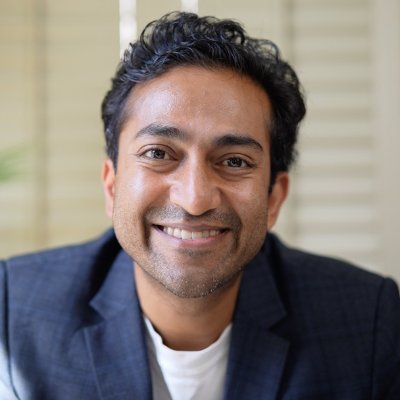Recently on Face the Nation, Dr. Fauci described criticism of his pandemic policies and actions as an attack on science itself. Fauci says, “They’re really criticizing science because I represent science.”
You can watch the clip here:
Lawmakers like Sens. Rand Paul and Ted Cruz have called for Dr. Fauci to step down and be prosecuted over the course of COVID-19. Fauci scoffs at such threats, calling it “noise.”
— Face The Nation (@FaceTheNation) November 28, 2021
“They’re really criticizing science because I represent science. That’s dangerous.” pic.twitter.com/zLzceD2DHe
How should we think about this claim? Dr. Anthony Fauci is a senior, prominent and accomplished scientist, but is he synonymous with science itself? Is any criticism of his policy positions anti science?
The answer is clear: No one person represents science, and of course, any scientist who plays a prominent role in public policy is not immune from criticism, in fact, they should expect it.
Dr. Anthony Fauci has been a public servant for decades and should get our thanks, but he has also been a prominent national determinant of public policy during COVID19. Policy of course is more than science. It is science and values combined.
Here are a few policy positions that Dr. Fauci can be celebrated or criticized for:
- In mid March of 2020, Fauci advocated for 15 days of ‘hunkering down’— the initial shelter in place orders were driven by Fauci’s advocacy. Many will feel this was a reasonable precaution, but others will argue it precipitated a series of events where global governments believed lockdown was sanctioned and could be used and reintroduced.
- Fauci argued strongly against school reopening in April 2020. Please read this post for a detailed list of Fauci’s claims/ statements that encouraged school closure.
- Fauci famously flip flopped on masks. He either told one noble lie, or another, but regardless masks have become a hotly disputed topic.
- Fauci opposed a 1 dose initial strategy in the USA, as was done in the UK— a strategy that multiple modeling studies show would save more lives.
- Fauci admitted to Don McNeil that the herd immunity threshold he offered was in part motivated to increase vaccination rates (a noble lie). Later the CDC would remove the goal of herd immunity entirely.
- Fauci was part of the pressure on the FDA to authorize boosters prior to RCT data that led to Gruber and Kraus resigning from FDA. They penned an op-ed critical of this.
- Fauci supported vaccine mandates, which may increased vaccination rates by a few percentage points, but may have downstream negative consequences on multiple public domains.
- Fauci pushed for travel bans for Omicron, a decision which many other experts said would be unhelpful.
- Fauci might have funded laboratory research in Wuhan that resulted in genetic manipulation of a coronavirus that then leaked and triggered the global pandemic (open inquiry).
- Fauci says that fewer than 10,000 cases a day are needed to achieve normality, though this number appears to be entirely invented with no data to support it.
I mention these 10 points not because I am arguing that Fauci was wrong in all instances, but merely that he played a prominent role in these policies, and must be judged for these choices. Of course, elected representatives are tasked with that inquiry, and the public and history books will be tasked with that judgement.
Is Fauci a synonym for science? No man is. But he was a prominent drive of US based pandemic policy, and at least some of his biggest decisions may have been errors. He should be judged for that.
This is reposted from the author’s blog. Here is a video discussing these points:
Join the conversation:

Published under a Creative Commons Attribution 4.0 International License
For reprints, please set the canonical link back to the original Brownstone Institute Article and Author.









